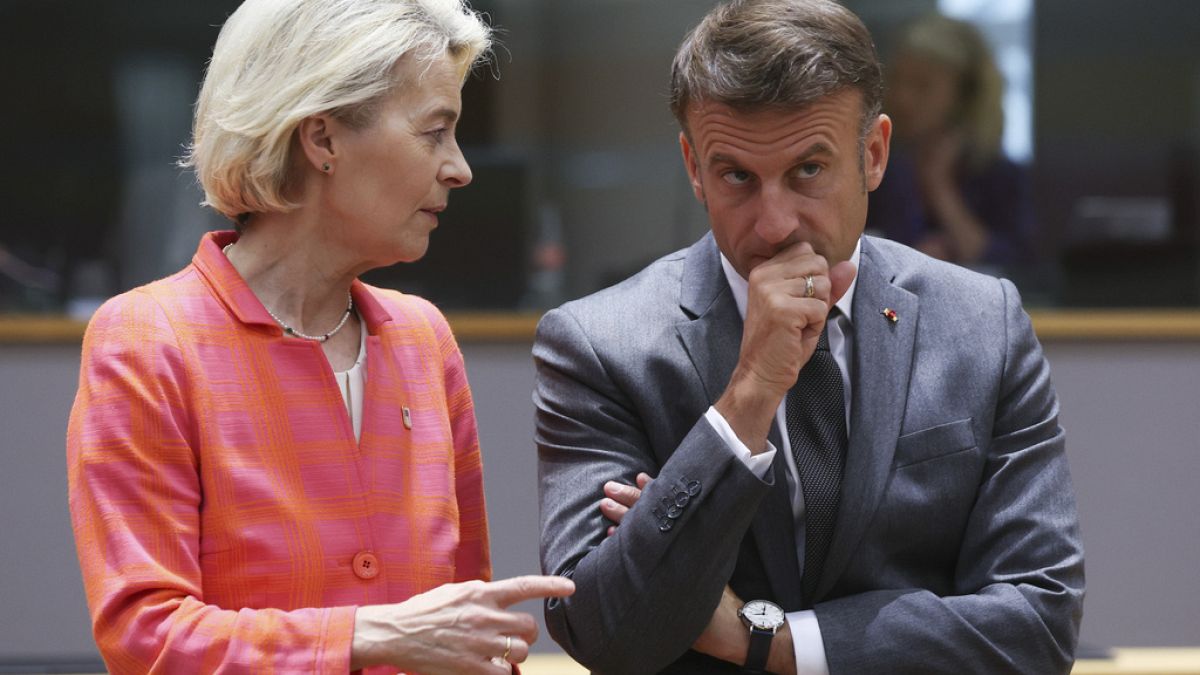The European Commission spokesperson has confirmed that President Ursula von der Leyen will not be attending the landmark UN climate summit in Azerbaijan later this month, following reports that French President Emmanuel Macron and Russian President Vladimir Putin will also be absent. This decision comes as more than 100 heads of state and government have already confirmed their attendance at the summit in Baku, where leaders will review the climate goals set in Paris nine years ago.
While leaders from countries such as Czechia, Germany, Greece, Hungary, Italy, Poland, and Spain have confirmed their attendance, the absence of key players like von der Leyen, Macron, and Putin raises questions about the level of commitment to addressing climate change on a global scale. The COP29 climate summit in Azerbaijan is seen as crucial in determining how developing countries will receive financial assistance to transition to clean energy and mitigate the impacts of extreme weather events.
The focus of the summit will be the financing of climate initiatives, with developing countries in need of trillions of dollars to shift away from fossil fuels. China, a major player in the global economy, does not currently contribute to the $100 billion annual fund, which will be replaced with a new system starting in 2025. This shift in funding mechanisms will be a key topic of discussion at the summit, as countries aim to accelerate the transition to clean energy and reduce their dependence on fossil fuels.
The decision by von der Leyen, Macron, and Putin to skip the summit highlights the challenges of global cooperation on climate action, particularly when it comes to financing climate initiatives. As the world faces increasing threats from climate change, including rising sea levels, extreme weather events, and biodiversity loss, it is crucial for world leaders to come together to find solutions and ensure a sustainable future for all.
The absence of key leaders at the COP29 summit in Azerbaijan underscores the need for enhanced collaboration and commitment from all countries to address the climate crisis. As the world looks ahead to the outcomes of the summit, there is a growing sense of urgency to accelerate action on climate change and secure the necessary funding to support developing countries in their transition to clean energy.
In conclusion, the decision by European Commission President Ursula von der Leyen, French President Emmanuel Macron, and Russian President Vladimir Putin to skip the UN climate summit in Baku raises questions about global commitment to addressing climate change. With key leaders absent, the focus of the summit will be on financing climate initiatives and supporting developing countries in their transition to clean energy. As world leaders gather in Azerbaijan next week, the discussion on climate financing will be central to determining the future of global climate action.











